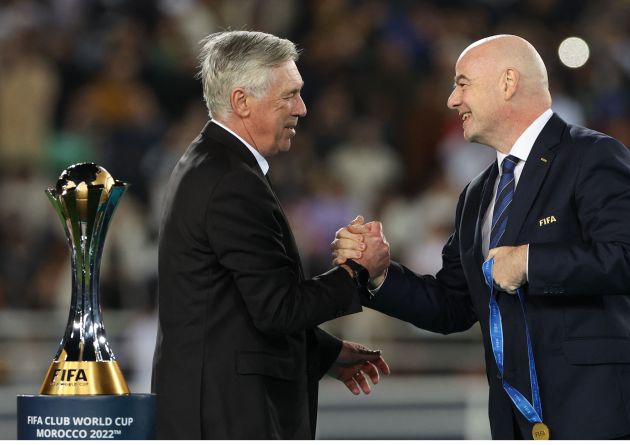FIFA is set to host its inaugural 32-team Club World Cup, a move that has sparked significant controversy due to its addition to an already crowded football calendar. The tournament will feature 12 European teams, with the draw scheduled for Thursday evening.
Real Madrid and Atletico Madrid will represent Spain in 2025. Notably, Real Madrid excluded any projected income from the competition in their 2024-25 budget, reflecting uncertainty about the financial returns. Initially, FIFA estimated the tournament could generate €2 billion, but these projections now seem overly optimistic. According to Marca, the once-touted €50 million participation fee has been scaled down, and average payouts will be much lower. While the tournament winner might earn around €100 million, most teams are expected to receive significantly less, with uneven distribution of earnings.
The tournament’s primary income sources—DAZN’s €1 billion broadcast deal and ticket sales—will constitute the bulk of revenue. Of this, approximately 70% is expected to go to European clubs, leaving just 30% for the other 22 teams.
FIFA President Gianni Infantino has assured that the organization will not use its reserves to support the competition, despite skepticism about its financial viability. Additionally, the qualification criteria have come under scrutiny, with teams like Inter Miami participating despite being eliminated in the first round of the MLS playoffs.
The Club World Cup’s controversial launch adds further strain to the already packed football calendar, raising questions about its sustainability and fairness.

 Workout
Workout
 Meditation
Meditation




 Contact Us
Contact Us









